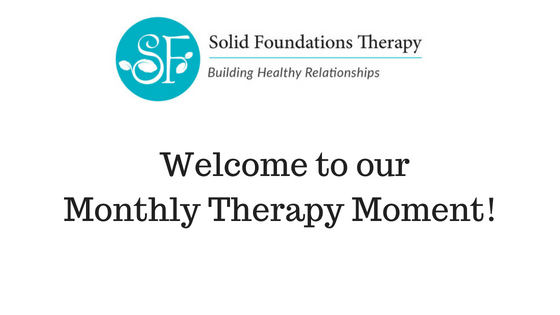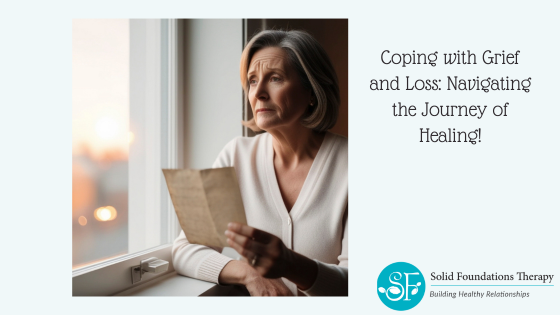ACCEPTS: A Simple Tool to Manage Overwhelming Emotions! ( Video)
In this month's Therapy Moment, Sarah Davidson, MFT, LPC provides a great acronym to keep in mind when you are feeling overwhelmed or are dealing with a stressful moment in life!
Coping with Grief and Loss: Navigating the Journey of Healing
Grief is one of the most complex emotional experiences we face as human beings. Whether it follows the death of a loved one, the pain of separation, or the loss of one’s home or sense of belonging due to immigration, grief changes not only how we feel — but also how our brains function.
Grief impacts individuals and families on emotional, relational, and biological levels.
Capacity vs. Capability: Why the Difference Matters. (video)
In this month's Therapy Moment, Maggie, Zofkie, LCPC, provides some great tips on recognizing the difference between your capability vs capacity when completing tasks and feeling pressure to get everything on your to do list done!
Protective Factors: Building Our Resilience One Brick at a Time
Let’s be honest—life can throw some serious curveballs. Whether it’s an unexpected loss, a stressful job, or the 57th time you’ve had to reset a forgotten password (why isn’t “password123” good enough?!), we all face challenges that can shake us up. But here’s the good news: while we can’t always control what happens to us, we can strengthen the things within us and around us that help us stay steady through it all.
These things are called protective factors
Learning to Live After Loss: What Grief Taught Me About Heartbreak and Healing.
When my mom passed away in October, years ago, I was legally an adult, emotionally raw and completely unprepared. Until then, I thought “heartbreak” was something that only came from romantic loss — crying in your car to sad music over a crush who didn’t text back. But losing my mom taught me that heartbreak can also come from something much deeper: the absence of someone who helped shape your entire world.
That loss was my first crash course in grief
The Spiritual Side of Wellness! (video)
Wellness isn’t just about the body — it’s about the spirit too. When your faith and heart align, healing begins within.
Improving Self-Esteem: A Therapist’s Perspective on Perfectionism, People Pleasing, Positive Mindset, and Imposter Syndrome
When clients come into my office, one of the most common themes I hear is: “I just don’t feel good enough.”
It doesn’t matter if they’re high achievers, parents, students, or high-level executives; the underlying struggle is the same. Low self-esteem doesn’t discriminate, and it often shows up in very subtle ways.
Feeling stretched thin between work and life? You’re not alone — and you don’t have to choose one over the other. In this video, we’re sharing practical, real-life tips to help you create a healthier balance without burning out.
The Wise Mind: How to Balance Emotion and Logic in Tough Moments. (video)
Ever feel torn between your emotions and logic in tough situations? That’s where The Wise Mind comes in. It’s the balance between heart and head — helping you make decisions that feel right and make sense.









